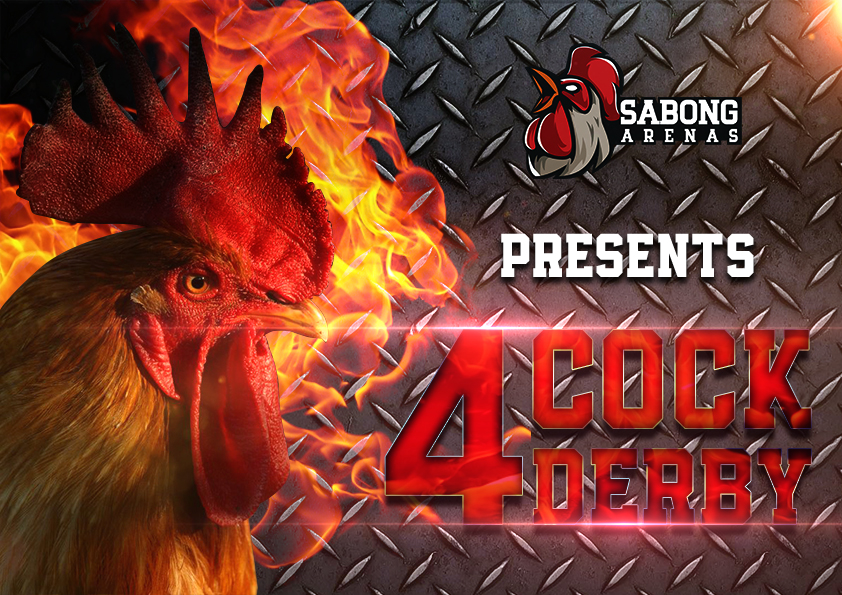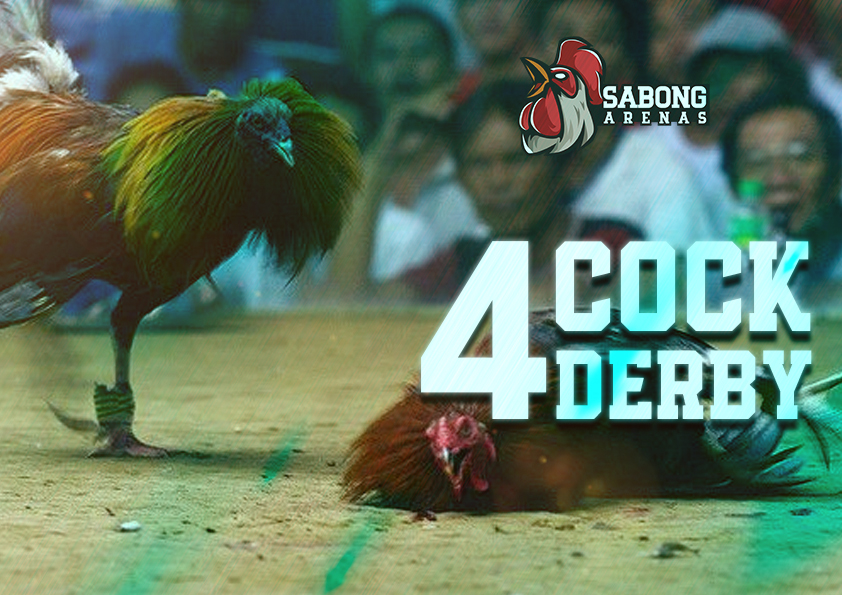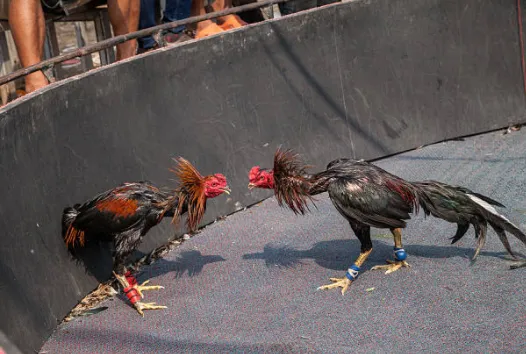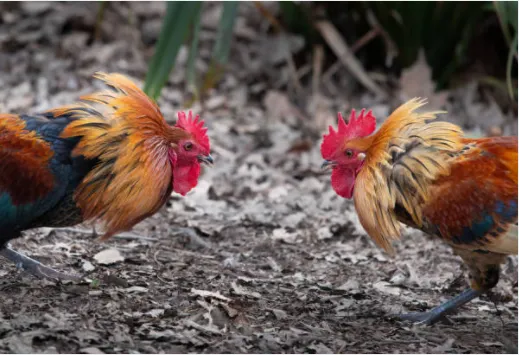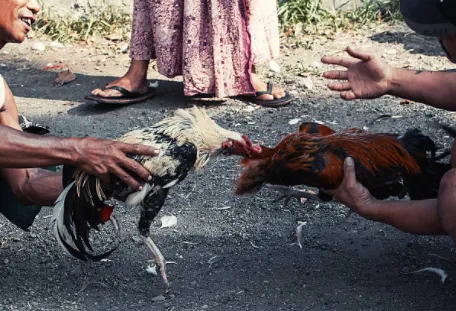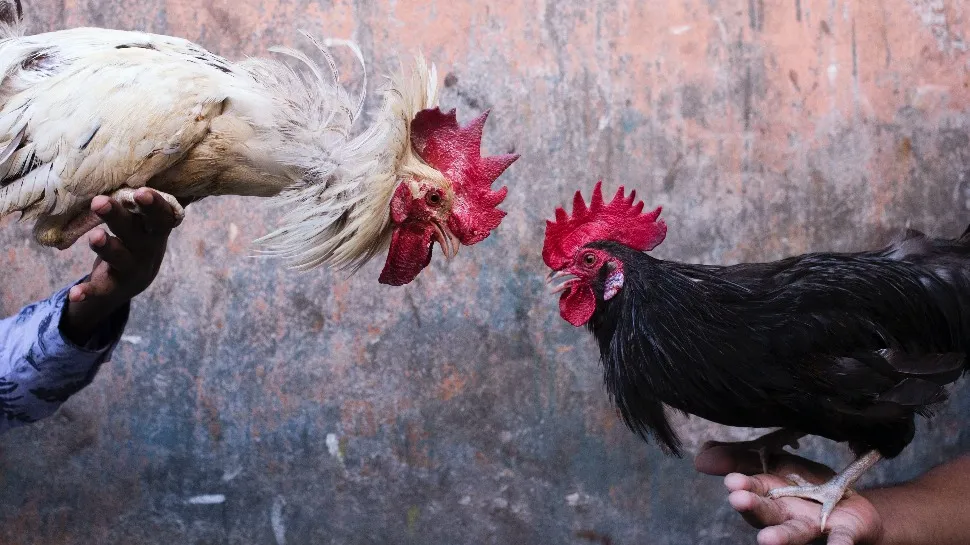Why not tax ‘e-sabong’? It grosses P1.5 billion a day (Sabong Arena)
Genre
Sabong Arena
Keywords
Online Sabong News
Article ID
00000607
The new online gambling craze “e-sabong” rakes in a staggering P1.5 billion a day. It is largely untaxed. Finance officials are squeezing only the usual sources of gaming revenues.
Taxmen had better wise up to the new cash cow. Casino and offshore gaming are down due to the pandemic. So are horseracing, lotto, small-town lottery and sweepstakes. Government thus can collect from them only a fraction of what it used to. On the other hand, “electronic sabong” suddenly is popular, also precisely due to COVID-19. Taxmen can make up for the shortfall, if they only figure out how.
The P1.5 billion comprises gross daily bets in live online cockfights. There are two major platform operators, plus a slew of small copycats, sources say. As the operators conservatively net ten percent or P150 million a day, they earn P55 billion a year. If that income is levied the usual one-third, the government can collect an extra P18 billion. That’s just for starters. More taxes can be taken from e-sabong service providers, like government did before the economic slump from casino and offshore gaming ancillaries.
E-sabong is deemed illegal. A 1974 law allows “cockfighting... only in licensed cockpits during Sundays and legal holidays and during local fiestas for not more than three days.” The Philippine National Police frequently warns the public against betting, or else face arrest. The implementing rules need revision. A way must be found to put e-sabong under state regulation by the Philippine Amusement and Gaming Corp. Until then, Pagcor must crack down on it. The Bangko Sentral and the Anti-Money Laundering Council have been asked to look into earnings of operators.
Still, e-sabong thrives 365 days a year. It has been around for a decade, but became a hit due to pandemic precautions. Aficionados need not crowd into cockfight arenas, but watch via smartphone. Avoiding coronavirus exposure, they bet online from a few thousands to millions of pesos. The odds are the usual parehas, walo-dies, walo-anim, onse, tres, sampu-anim or doblado.
Sources detailed the cash volume. Conservatively P5 million in bets are placed per sultada, or fight to the death. A sultada lasts about five minutes, to make 12 fights per hour, grossing P60 million. The games run for ten hours a day, for P600 million gross. That’s only for one online operator. Multiply that by three – two major operators and the combined take of the small ones – and the total daily bets reach more than P1.5 billion.
How is the money divvied up? Ninety percent goes to winner payouts. Operators keep ten percent, or P150 million a day. Part of that goes to any of the 1,634 cities or municipalities that allows e-sabong, videoed in any of the roughly 2,000 cockpits nationwide. Not to forget, the usual grease money to make law enforcers look the other way.
Regulating and taxing e-sabong is the only way. Bettors can be protected; government can earn revenues. For more than a century the government forbade jueteng, to no avail. Subsuming jueteng in 2006 into the charity sweepstakes’ small-town lottery has made billions for the government. Bribes to crooked mayors and cops have become official allocations for local governments and the police.
No more taxes can be squeezed from POGOs, Philippine offshore gaming operators. Pandemic lockdown choked the live card gaming that caters only to offshore Chinese bettors.
Five operators and 12 service providers packed up in May after two months of standstill. Thousands of Chinese and Filipino workers were laid off. Though allowed up to 30 percent work capacity in June-September, two more POGOs served notice to close shop.
Bayanihan Act-2 hammered the last nail on the coffin. On finance officials’ advice, POGOs suddenly were slapped five-percent franchise tax. The rate was more than the operators’ retained bet earnings of 3.5 percent, from winning payouts of 96.5 percent, sources say. As POGOs folded up, so did ancillaries like call centers, food caterers, card shufflers, shuttle service and others.
The property sector also dipped. Almost 300,000 square meters or 17 percent of total office space will be abandoned by yearend, analyst David Leechiu says. Another 20-30 percent or half a million square meters will be vacated by POGOs next year.
Gone will be Pagcor’s multibillion-peso income from POGOs. From P73.42 million in 2016, Pagcor’s POGO take rose to P3.12 billion in 2017, P6.11 billion in 2018 and P5.73 billion in 2019. Gone too will be corporate and value-added taxes taken by the Bureau of Internal Revenue. As well, fees paid to the Immigration Bureau and the Labor Department.
In shifting focus to e-sabong, finance officials can learn from POGOs. Over-taxation kills the goose that lays the golden eggs.

